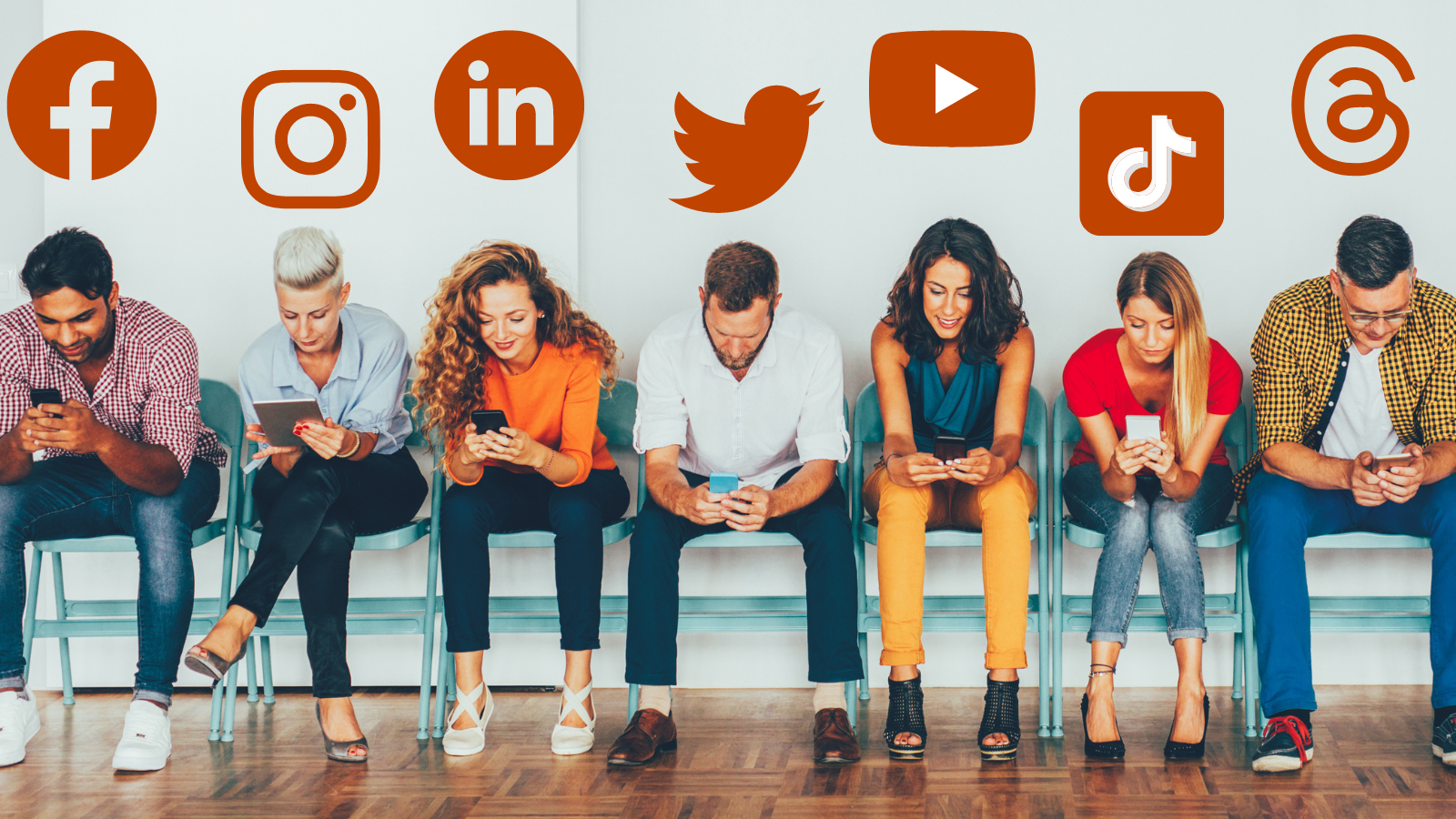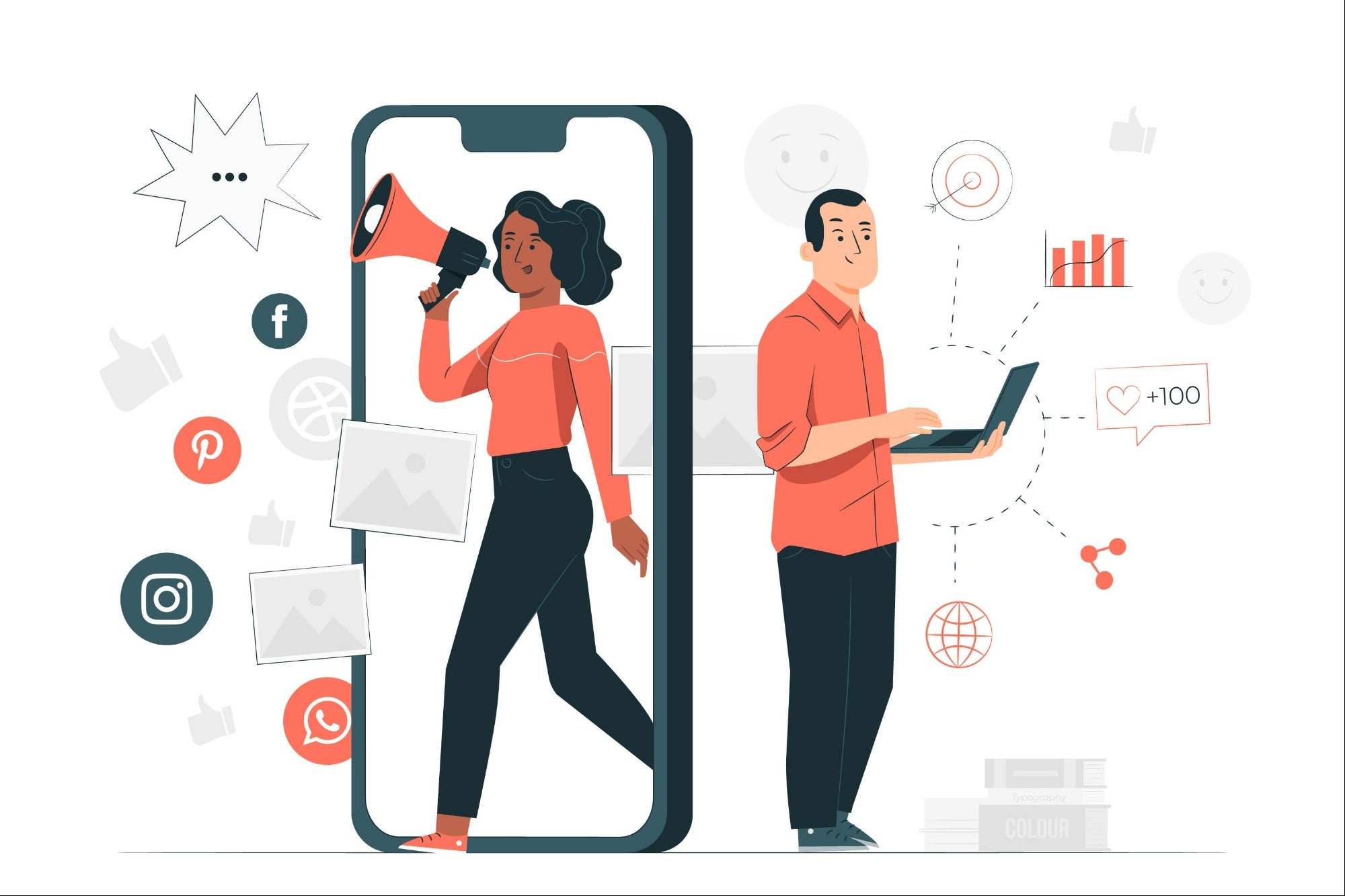In the digital age, social media has emerged as a powerful tool for communication, information sharing, and community building. Over the past decade, platforms such as Facebook, Twitter, Instagram, and Reddit have transformed from simple social networking sites into vibrant hubs of online communities. These online communities, facilitated by social media, have revolutionized how individuals interact, share ideas, and form relationships. This article delves into the role of social media in building online communities, examining its benefits, challenges, and future prospects.
The Emergence of Online Communities
Online communities are groups of people who interact with each other via the internet, sharing common interests, goals, or values. The concept of online communities predates social media, with early examples including bulletin board systems (BBS) and forums. However, the advent of social media platforms has exponentially increased the scale, reach, and impact of online communities.
Social media platforms provide the infrastructure for these communities to form and thrive. They offer tools for communication (e.g., messaging, commenting), content sharing (e.g., posts, videos), and organization (e.g., groups, events). These features enable individuals to connect with like-minded people, irrespective of geographical boundaries, thereby fostering a sense of belonging and solidarity.
Benefits of Social Media in Building Online Communities
Accessibility and Inclusivity
One of the primary benefits of social media in building online communities is its accessibility. Anyone with an internet connection can join social media platforms and become part of a community. This inclusivity allows people from diverse backgrounds to participate, share their perspectives, and contribute to the collective knowledge of the community.
Real-Time Communication
Social media enables real-time communication, allowing members of online communities to interact instantly. This immediacy fosters dynamic discussions, timely support, and rapid dissemination of information. For instance, during natural disasters or crises, social media communities can quickly mobilize resources and provide critical updates.
Content Sharing and Collaboration
Social media platforms facilitate the sharing of various types of content, including text, images, videos, and links. This multimedia approach enriches the community experience, making it more engaging and informative. Additionally, social media tools like collaborative documents and group chats promote teamwork and collective problem-solving.
Support Networks
Online communities often serve as support networks where individuals can seek advice, share experiences, and offer encouragement. For example, health-related communities on platforms like Facebook and Reddit provide a space for patients and caregivers to connect, share information, and support each other through challenging times.
Amplification of Voices
Social media gives a voice to individuals who might otherwise be marginalized or overlooked. Activist communities, for instance, use social media to raise awareness about social issues, mobilize supporters, and drive change. The #MeToo movement is a notable example of how social media can amplify voices and create a global impact.

Challenges of Social Media in Building Online Communities
Despite its many benefits, the use of social media in building online communities is not without challenges. These include issues related to privacy, misinformation, and the potential for negative interactions.
Privacy Concerns
Privacy is a significant concern for members of online communities. Social media platforms often collect and store vast amounts of personal data, which can be vulnerable to breaches and misuse. Ensuring the privacy and security of community members is crucial for maintaining trust and participation.
Misinformation and Fake News
The rapid spread of misinformation and fake news on social media poses a threat to the integrity of online communities. False information can lead to confusion, fear, and mistrust. Community moderators and platform algorithms play a critical role in identifying and mitigating the spread of misinformation.
Toxic Behavior and Harassment
Negative interactions, such as trolling, bullying, and harassment, can undermine the positive aspects of online communities. Social media platforms must implement effective moderation policies and tools to protect community members from harmful behavior and create a safe and inclusive environment.
Echo Chambers and Polarization
Social media algorithms often prioritize content that aligns with users’ existing beliefs and preferences, leading to the formation of echo chambers. These echo chambers can reinforce biases and contribute to social polarization. Encouraging diverse perspectives and open dialogue is essential for the healthy functioning of online communities.
The Future of Social Media and Online Communities
As social media continues to evolve, so too will the nature of online communities. Emerging technologies, such as virtual reality (VR) and augmented reality (AR), have the potential to create even more immersive and interactive community experiences. Additionally, advancements in artificial intelligence (AI) could enhance content moderation, personalization, and user engagement.
The future of social media and online communities will also be shaped by regulatory and ethical considerations. Policymakers and platform developers must collaborate to address issues related to privacy, misinformation, and digital well-being. Balancing innovation with responsibility will be key to ensuring that social media remains a positive force for community building.
Conclusion
Social media has fundamentally transformed the way we build and participate in online communities. By providing accessible, inclusive, and dynamic platforms for interaction, social media has enabled individuals to connect, collaborate, and support each other in unprecedented ways. While challenges such as privacy concerns, misinformation, and toxic behavior persist, the potential for social media to foster meaningful and impactful communities remains immense.
As we look to the future, it is essential to harness the power of social media responsibly, ensuring that online communities continue to thrive and contribute positively to society. Through thoughtful design, effective moderation, and a commitment to inclusivity and diversity, social media can continue to be a vital tool for building strong and vibrant online communities.




